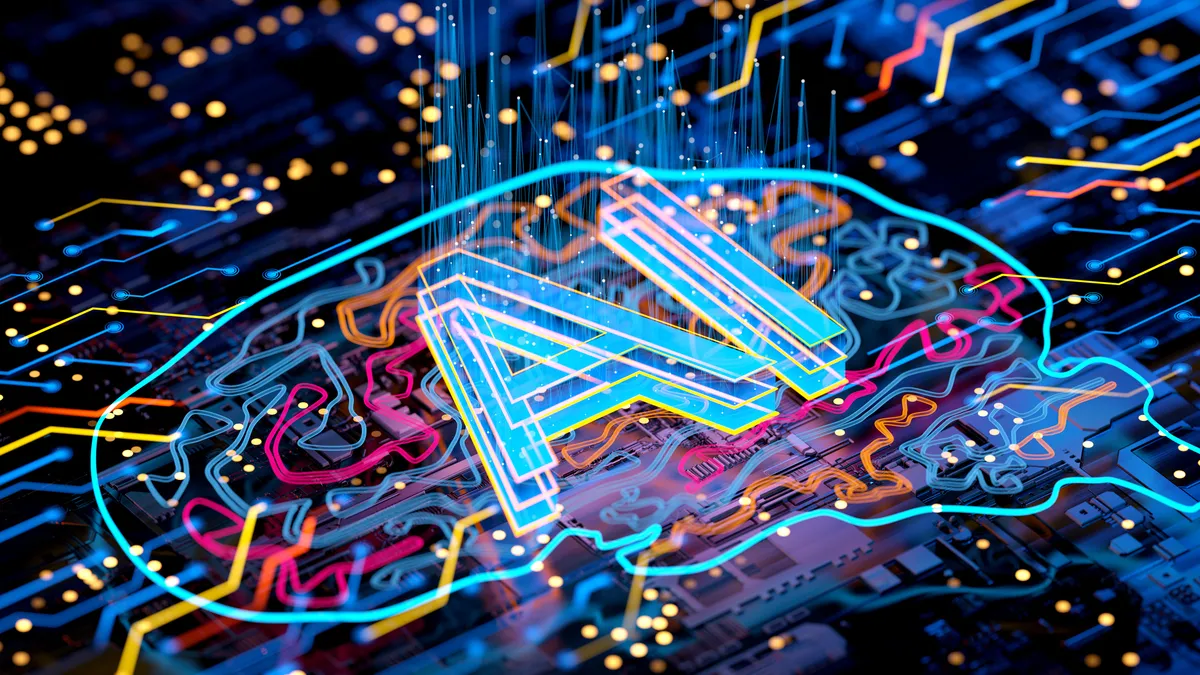Consumer-focused generative AI tools like ChatGPT and Google Bard sparked immediate global intrigue when they landed earlier this year. Could these tools change the way we work? Would they catapult society into a new era of technological advancement? Who would be most impacted?
As these questions grip society, the reality is that in industries like biopharma, generative AI technologies have already been in play. Take, for example, Insilico Medicine. Late last month, the Hong Kong-based biotech dosed the first patients in a phase 2 clinical trial for an anti-fibrotic inhibitor it claims is the “first entirely AI-discovered and AI-designed” drug.
The company discovered the compound just over two years ago using a proprietary generative AI that selects novel indications and then designs molecules to target them. Altogether, the process is estimated to have saved the company between two and four years of preclinical discovery time.
A recent report from McKinsey and Company predicted that productivity increases in pharma as a result of generative AI could equate to a 3% to 5% bump in global industry revenue.
With AI expectations riding high, here’s a look at some areas where the technology could be most useful in drug development.












